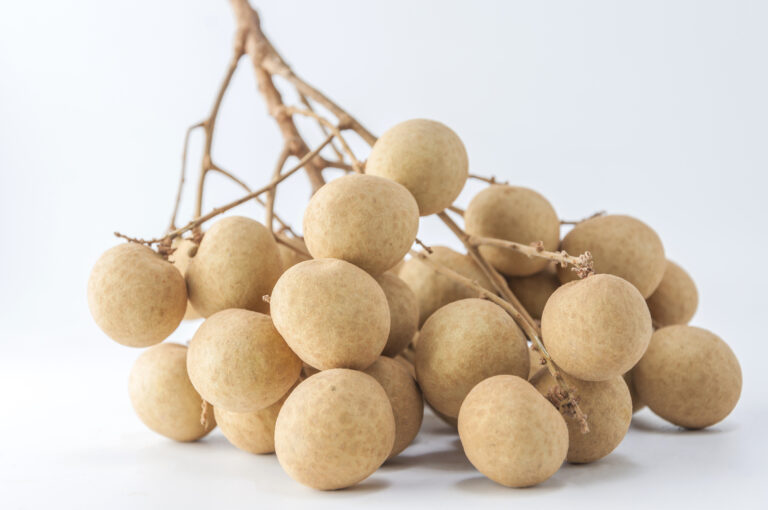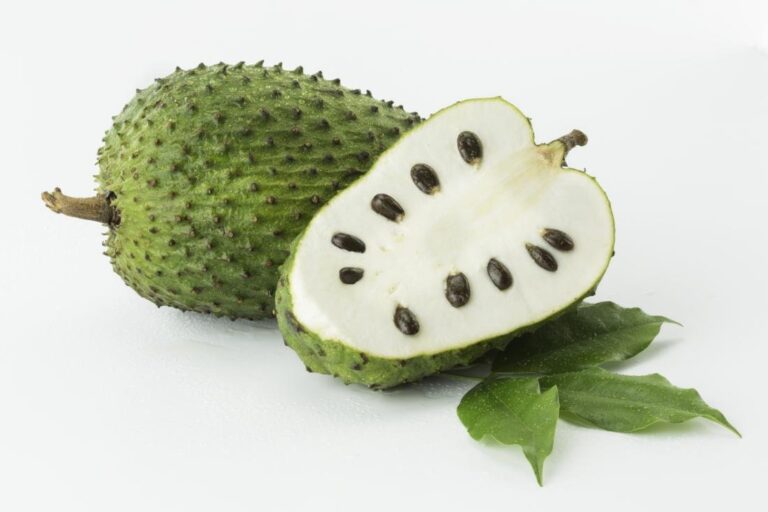Neuropathy, a condition affecting the peripheral nerves, can bring discomfort and disruptions to daily life. As we delve into this article, let’s explore the intricacies of neuropathy, its conventional treatments, and the role that supplements for neuropathy.
Supplements for neuropathy not only target symptoms but also enhance overall well-being. Their inclusion in neuropathy management is gaining traction for their potential to complement traditional treatments.
What is Neuropathy?
Neuropathy refers to a condition that involves damage or dysfunction of the nerves, particularly those in the peripheral nervous system. The peripheral nervous system is responsible for transmitting signals between the central nervous system (brain and spinal cord) and the rest of the body, including muscles, organs, and skin.
Neuropathy can manifest in various symptoms, depending on the nerves affected. Common symptoms include:
- Tingling or numbness: Often felt in the hands or feet.
- Burning or shooting pain: Sharp or stabbing sensations in affected areas.
- Muscle weakness: Having difficulty moving or controlling muscles.
- Coordination problems: Difficulty with balance and coordination.
- Sensitivity to touch: Some individuals may experience heightened sensitivity or pain with touch.
Top 6 Supplements for Neuropathy
Here are the 6 supplements for neuropathy.
1. Alpha-Lipoic Acid
Alpha-lipoic acid (ALA) supplements for neuropathy have garnered attention for their potential benefits in managing neuropathy, particularly in individuals with diabetic neuropathy. Known for its antioxidant properties, ALA functions by neutralizing free radicals that can contribute to nerve damage, potentially aiding in the protection of nerves from oxidative stress. Studies suggest that ALA may improve symptoms associated with neuropathy making it a subject of interest for those seeking relief.
For individuals with diabetic neuropathy, ALA may offer additional advantages by aiding in blood sugar control, potentially slowing down or preventing the progression of neuropathic symptoms. ALA supplements come in various forms, including capsules and intravenous formulations, with dosages varying.
2. Acetyl-L-Carnitine
This compound, a naturally occurring derivative of carnitine, plays a vital role in cellular energy production by assisting in the transport of fatty acids into the mitochondria. Studies have explored the potential benefits of ALC in alleviating neuropathic symptoms, including pain and impaired nerve function.
Its ability to act as an antioxidant, neutralizing harmful free radicals, adds another dimension to its potential neuroprotective effects. Some research suggests that ALC may enhance nerve regeneration and mitigate the impact of oxidative stress on nerves.
3. Vitamin B12
Vitamin B12, also known as cobalamin, is a water-soluble vitamin that plays a crucial role in various physiological functions, including the maintenance of the nervous system. Its significance lies in its involvement in the synthesis of myelin, a protective covering around nerve fibers that facilitates proper nerve signal transmission.
A deficiency in vitamin B12 can lead to neurological symptoms, including peripheral neuropathy, characterized by tingling, numbness, and weakness in the extremities. While vitamin B12 deficiency is often associated with anemia, its impact on the nervous system underscores its importance for overall neurological health.
4. Omega-3 Fatty Acids
Omega-3 fatty acids, found in fish oil supplements, have been investigated for their potential benefits in managing neuropathy. While much of the research has focused on other supplements like alpha-lipoic acid and acetyl-L-carnitine, omega-3 fatty acids show promise due to their anti-inflammatory properties and their role in supporting nerve health.
Omega-3 fatty acids, particularly EPA and DHA, have been recognized for their ability to reduce inflammation in the body. Chronic inflammation is a factor that can contribute to nerve damage and pain associated with neuropathy.
5. Magnesium
Magnesium is an essential mineral that plays a crucial role in various physiological functions, including nerve function. While magnesium deficiency is not always directly linked to neuropathy, some studies suggest that magnesium supplements may have potential benefits in managing certain aspects of neuropathic conditions.
Magnesium is involved in nerve signal transmission and helps regulate the activity of neurotransmitters. Additionally, it plays a role in muscle function and blood circulation, which can indirectly influence neuropathic symptoms.
6. Curcumin
Curcumin is a bioactive compound found in turmeric, a bright yellow spice commonly used in Indian cuisine. It has gained attention for its potential health benefits, including anti-inflammatory and antioxidant properties.
In the context of neuropathy, curcumin’s anti-inflammatory and antioxidant properties may be relevant. Chronic inflammation is thought to contribute to nerve damage, and curcumin’s ability to modulate inflammatory pathways could potentially have a positive impact on neuropathic symptoms.
In conclusion, managing neuropathy goes beyond conventional treatments. Integrating these supplements into a holistic approach can significantly contribute to alleviating symptoms and improving overall quality of life.
I hope you got the answer to your query (Supplements for Neuropathy). Also, check out The Health Benefits of Kiwona Melon.














